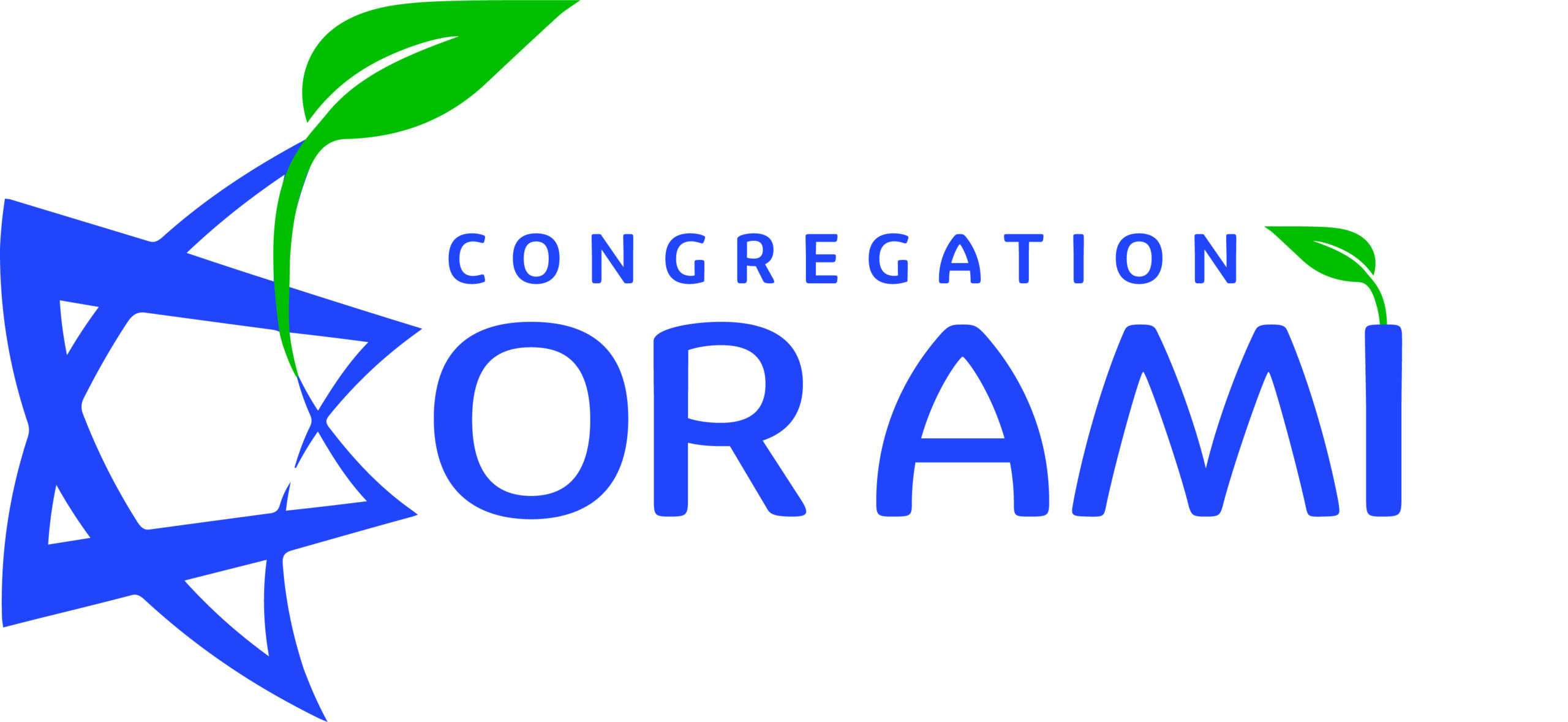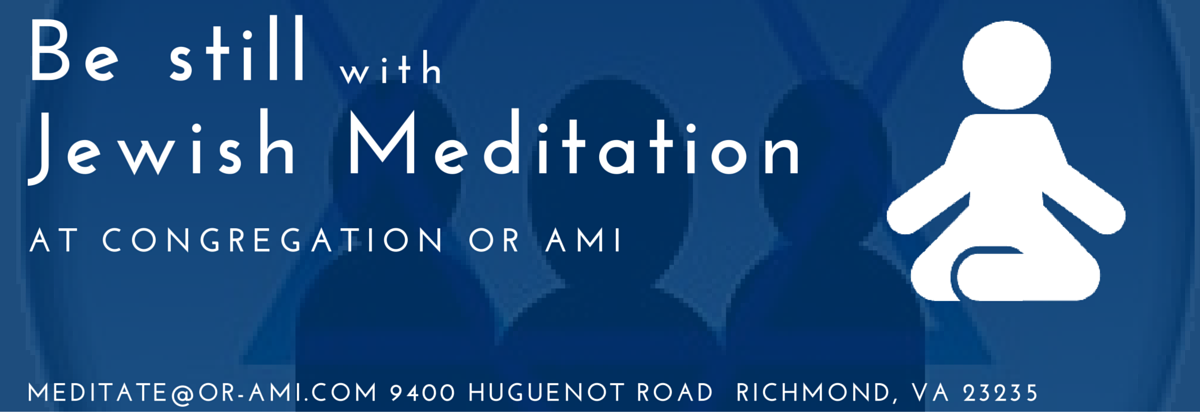“Our goal should be to live life in radical amazement… get up in the morning and look at the world in a way that takes nothing for granted. Everything is phenomenal; everything is incredible; never treat life casually. To be spiritual is to be amazed.”
– Rabbi Abraham Joshua Heschel
Or Ami member Lisa Halberstadt leads Friday night meditation sessions between 7:00 – 7:30 pm (immediately before Shabbat services). All are welcome to attend these drop-in sessions. No prior meditation experience (Jewish or otherwise) is necessary. Questions? Email Meditate@Or-Ami.com.
Note: Meditation sessions are in person only (we are no longer doing hybrid sessions).
What is Jewish Meditation?
Judaism is a tradition rich in guidance, wisdom, and inspiration. Mindfulness meditation cultivates concentration, awareness, and compassion. Jewish meditation is about awakening our attention toward the sacred in everyday life, in all the mundane moments, helping us to experience a deeper connection to the presence of the holy within us and around us. When we infuse meditation practices with Jewish language, understanding, and perspectives, we are engaging in Jewish meditation. This practice gives us tools to open our eyes, our hearts, and our minds.
Just as a chair needs three legs to stand, in Judaism our spiritual lives also have a 3-part balance. We’re taught that the world depends on three fundamental things, referred to as the three pillars of Judaism:
- Torah (study, learning the wisdom in our sacred texts);
- Avodah (spiritual practices, such as prayer, meditation);
- G’milut Chasadim (acts of loving-kindness, which are inspired and empowered by the first two things).
While Jewish meditation is located primarily in the pillar of Avodah, it embraces all three. Every Torah portion, every Jewish holiday, and every mitzvah can be framed as an instruction to deepen mindfulness, and so our meditation sessions always begin with a brief Jewish teaching (the pillar of Torah). And all the practices we will engage in together ultimately point to helping us live well — with more kindness, compassion, gratitude and generosity — in our relationships with each other and the world (the pillar of G’milut Chasadim).




